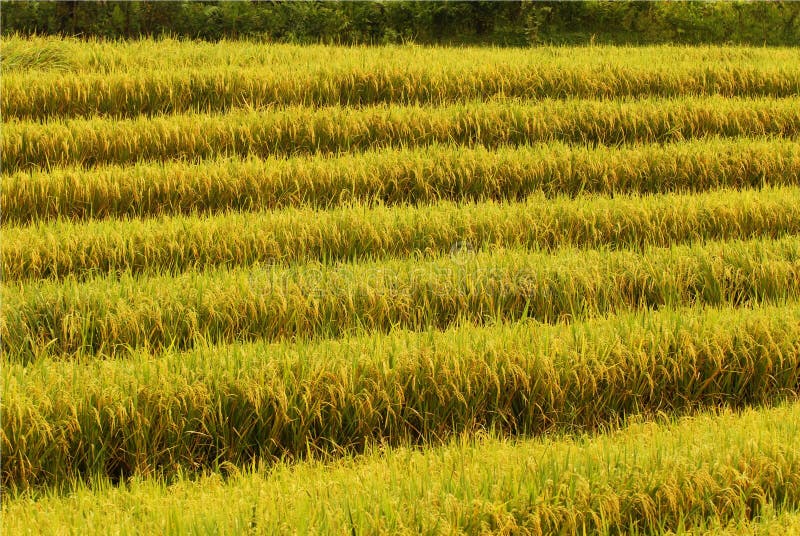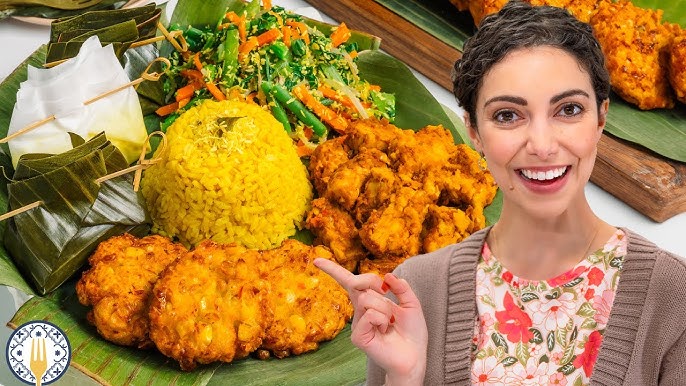Finding Harmony in the Heart of Bali: A Filmmaker's Journey of Cultural Immersion and Sustainable Discovery

As a freelance documentary filmmaker from Tokyo, I'm always searching for stories that resonate with the human spirit, stories that showcase the delicate balance between tradition and progress. My recent trip to Bali, specifically my stay at the “Treehouse Villa in the Balinese Jungle near Ubud” (airbnb.com/ubud-treehouse-villa), proved to be a wellspring of inspiration, offering a profound glimpse into Balinese cultural preservation and sustainable tourism. I came to document the intricacies of Balinese rice farming, a subject close to my heart, and I left with a newfound appreciation for the island’s commitment to preserving its heritage while embracing a more sustainable future. This is my experience.
Documenting the Subak Irrigation System: A Golden Hour Spectacle
The heart of Balinese rice farming lies in the Subak irrigation system, a UNESCO World Heritage Site. This intricate network of canals and weirs is not merely an engineering marvel; it's a testament to the Balinese people’s deep spiritual connection with nature. I dedicated several days to filming this remarkable system, waking before dawn to capture the first light kissing the terraces.
My Sony a7S III, equipped with a 16-35mm f/2.8 wide-angle lens, proved invaluable in capturing the vastness of the landscape. The golden hour was, without a doubt, the most magical time. As the sun ascended, the light danced across the cascading water, transforming the rice paddies into shimmering sheets of gold. I set up time-lapses, meticulously documenting the farmers as they worked the land, their movements rhythmic and purposeful. It was humbling to witness firsthand the intricate water management techniques passed down through generations. You could sense the spiritual energy woven into the very fabric of the Subak system, a belief that water is a gift from the gods, to be shared and respected. See it in action: [Video Shot 1: A time-lapse of the Subak irrigation system at golden hour.]
A Taste of Tradition: Vegan Balinese Cooking Class
Beyond the visual splendor of the rice terraces, I sought to understand the culinary traditions of Bali. I enrolled in a traditional Balinese vegan cooking class, eager to learn the secrets of this vibrant cuisine. The class began with a visit to a local organic farm, where we gathered fresh ingredients bursting with flavor. The air was thick with the aroma of galangal, turmeric, and lemongrass.
Under the guidance of our instructor, we prepared two iconic dishes: Gado-Gado and Tempeh Manis. The process was incredibly tactile. I relished the feel of pounding spices with a mortar and pestle, releasing their pungent aromas. The farmer who grew the tempeh was there as well, a gentle soul with sun-kissed skin and calloused hands. Seeing his dedication made the meal even more special. The vibrant colors of the dishes, the freshness of the ingredients – it was a feast for the senses. The experience was not only delicious, but it deepened my connection to the land and its people. See the cooking process: [Video Shot 3: Montage of the vegan cooking class, showcasing the preparation and presentation of the dishes.]
Unveiling the Shadows: A Wayang Kulit Lesson
My cultural immersion continued with a Wayang Kulit (traditional Balinese shadow puppetry) lesson from Pak Made, a local master puppeteer. This ancient art form is far more than just entertainment; it's a powerful storytelling medium that conveys moral lessons and spiritual teachings.
Pak Made patiently guided me through the intricacies of manipulating the leather puppets. He explained the symbolism of each character, highlighting the Bhima puppet, representing strength and courage, and its connection to Balinese Hinduism. The intricate details of the leather puppets were mesmerizing, each meticulously crafted and painted. As Pak Made brought the puppets to life, the flickering light of the oil lamp cast dancing shadows on the screen, accompanied by the hypnotic sound of the gamelan orchestra. It was truly enchanting. I interviewed Pak Made, capturing his insights with my Sennheiser ME 66 shotgun microphone to ensure crisp audio. Even attempting to hold and manipulate the puppets proved difficult, a true art that takes decades to master. See Pak Made at work: [Video Shot 4: Pak Made demonstrating Wayang Kulit techniques, with Kai attempting to manipulate the puppets.]

The Treehouse Villa: A Sanctuary of Sustainability
My home base during this Balinese adventure was the “Treehouse Villa in the Balinese Jungle near Ubud.” More than just a place to sleep, it was an integral part of my experience. The villa's commitment to sustainability resonated deeply with my own values. The reclaimed teak wood construction, the solar power usage, and the composting toilet system all spoke volumes about the owner’s dedication to minimizing their environmental impact.
The villa itself was a rustic yet elegant haven. The handcrafted furniture, the open-air living spaces, and the breathtaking views of the surrounding rice terraces created a sense of tranquility and connection with nature. The style was minimalist, adorned with carefully selected Balinese artwork. Every morning, I awoke to the sounds of geckos chirping, birds singing, and the distant strains of gamelan music. The scent of burning incense and blooming frangipani flowers filled the air. The humid air clung to my skin in a comfortable embrace. And the dappled sunlight filtering through the dense jungle canopy created an ethereal glow. I enjoyed the sweet taste of mangosteen and the juicy burst of rambutan. I felt at peace. It was a true escape. The owner's support for local organic farming further solidified my appreciation for this unique eco-lodge. See the villa's breathtaking beauty: [Video Shot 5: Interior shots of the treehouse villa, highlighting its design and jungle views, using natural light to create a warm and inviting atmosphere.]
Capturing the Essence: Filmmaking in Bali
Filming in Bali was a unique experience. I used a shoulder rig for steady shots as I documented the rice planting. The Balinese people were incredibly welcoming and open to sharing their stories, which made my work that much easier.

See the filming: [Video Shot 2: Close-up of Kai filming a Balinese farmer planting rice, using a shoulder rig for steady shots.]
Supporting Sustainable Tourism in Bali
My journey to Bali was more than just a filmmaking project; it was a profound learning experience. I witnessed firsthand the importance of cultural preservation and the positive impact of sustainable tourism. I encourage all travelers to consider the impact of their choices and to support responsible travel initiatives.
By staying at eco-friendly accommodations like the Treehouse Villa, participating in cultural immersion experiences, purchasing local crafts from artisans, and respecting Balinese traditions, we can all contribute to a more sustainable future for this beautiful island. Consider donating to organizations like Yayasan Bali Lestari (balilestari.org - fictional), which is dedicated to preserving Balinese culture.
Bali has captured my heart, and I hope my mini-documentary will inspire others to experience its magic while contributing to its preservation. See the journey: [Video trailer (1-2 minutes long) encapsulating the entire experience]
Keywords: Balinese jungle villa, sustainable tourism Bali, Ubud eco-lodge, Subak irrigation system, vegan Balinese cuisine, Wayang Kulit, responsible travel Bali, cultural immersion Bali.